Symptoms of dementia: what you should know about the disease
"Helping another person during a difficult period is the act where civilization begins"
- Margaret Mead.
What is dementia?
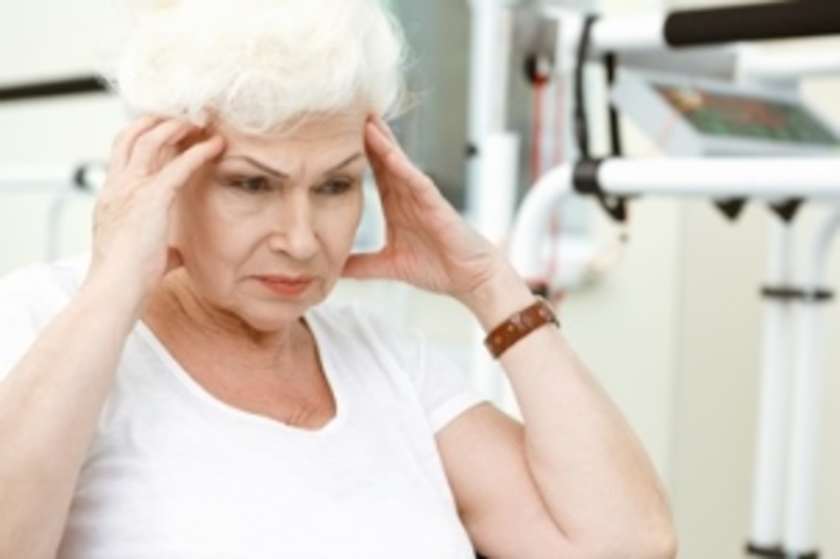
Dementia (in Latin it means “madness”) is an acquired progressive syndrome characterized by a degradation of memory, thinking, behavior and skills learned during life. It is accompanied by the deterioration in control over the emotional state, as well as the degradation of social behavior and motivation. In later stages, it manifests in the form of gross personality disorders, loss of the ability of communication, movement, as well as basic self-care skills, including personal hygiene and eating.
Dementia affects mainly the elderly people, and the risk of its developing increases significantly with age. However, this statement is arbitrary, and the early onset of dementia, namely, the onset of its symptoms before the age of 65, accounts for 9 % of all cases. Dementia is not a normal condition of aging. It cannot be denied that during aging there is a deterioration in memory and other mental functions. There is also a syndrome of mild cognitive impairment (MCI), when such impairments are more pronounced than among people of the corresponding age group. However, both of these conditions differ from true dementia because of maintaining the ability to perform daily social and domestic activities.
Dementia is not an individual disease. It is observed in case of a number of diseases that cause irreversible damage and degeneration of brain tissue.
- Alzheimer disease;
- diffuse Lewy body disease;
- frontotemporal dementia;
- progressive supranuclear palsy, etc.
- vascular (Binswanger disease, multi-infarct dementia, strokes in the strategic zones of the brain);
- toxic (alcohol, metal poisoning, etc.);
- posttraumatic dementia (Martland's syndrome or “boxer's encephalopathy”);
- in case of infections (AIDS-associated dementia, neurosyphilis, prion diseases, etc.);
- dementia in case of structural lesions (brain tumors, postradiation gliosis, etc.);
- in case of neurologic diseases (Parkinson disease, Huntington’s chorea, etc.);
- metabolic disorder (hypothyreosis, vitamin В12 deficiency);
- mixed.
At this, the dependence on the course of the underlying disease is typical for the majority of “secondary” dementias. In case of its stabilization or remission, it is possible to slow down the course of dementia or even to restore lost functions. Unfortunately, the inevitable progression of the disease from the moment of onset is typical for neurodegenerative diseases, which leads to the death of the patient over the period of 5–7 years.
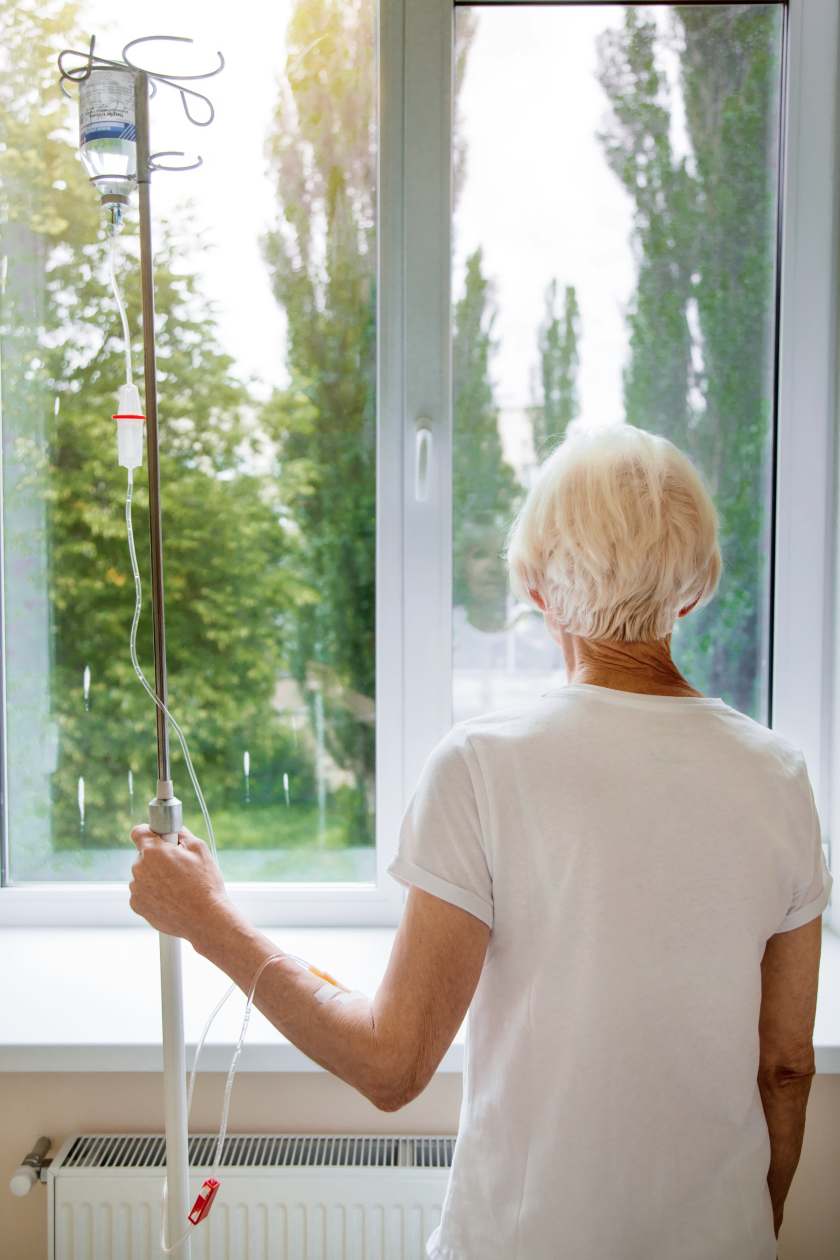
- cases of dementia in the family;
- alcohol abuse, smoking, dependence on psychoactive substances;
- traumatic brain injuries;
- increased body weight, sedentary lifestyle;
- social isolation, loneliness (including relative, with diminished hearing, visual acuity);
- low quality of life with frequent stress, dreary diet;
- insomnia and other sleep disruptions, including snoring with apnea syndrome.
- striving for a healthy lifestyle;
- good nutrition with the inclusion of meat, fish, nuts, fruits and vegetables in the diet;
- education, learning foreign languages, creativity;
- high level of social activity.
We should separately mention depression, which can imitate dementia, that is a reversible condition with appropriate treatment. Depression can also act as a factor in the development of dementia or accompany it, exacerbating the patient's condition.
Symptoms and stages of development of dementia
In each case, the course of dementia is individual and depends on the form of dementia, the presence of concomitant diseases and risk factors, original personality traits of the patient and his/her environment.
The main symptoms are disorders of short-term and long-term memory, thinking, in combination with neurological symptoms. Personal changes, speech disorders, disorders of orientation in space, control of movements and muscle tone come over in the process of development of the symptoms. Sometimes psychotic disorders in the form of a delusional or paranoid disorder, hallucinations occur.
Dementia often is unnoticed at this stage, as it develops gradually. Common symptoms include forgetfulness, lost track of time, disorientation in familiar surroundings. Speech disorders are represented by separate missayings, the use of words out of meaning. Planning any events, trips, orienteering in an unfamiliar area, professional activity can cause significant difficulties. There is a significant aggravation of character traits, emotional instability, aggression. However, the patient is capable of self-servicing, performing most of the usual actions in a familiar environment.
Symptoms become overt and significantly limit the patient’s options. They include forgetfulness about recent events and names of people, disorientation at home. There are increasing communication difficulties, impaired behavior in the form of aimless walking, problems with neatness and personal hygiene. Recognition of close relatives and self-recognition in the mirror, on photographs is usually preserved. Many skills are lost, including such as use of household appliances, a gas stove. Due to impaired coordination of movements and orientation in space, the risk of falls and other injuries increases. A patient requires the organization of day-and-night care at home, or stay in specialized institutions.
In the advanced stage of dementia, complete dependence on others and passivity develop. The symptoms include loss of orientation in time and space, problems with recognizing family members and friends, difficulty maintaining an upright body position, and walking independently. Major connected speech disorder, urinary and bowel incontinence, raise of muscle tone are possible. During this phase, food may enter the respiratory tract due to swallowing disorders. There is also a risk of bedsores.
Diagnostics and treatment of the disease
Dementia is diagnosed clinically by means of identifying the symptoms described above and excluding the diseases with similar symptoms, but are potentially reversible or require urgent treatment. For this, in addition to direct examination and conversation with the patient, testing with the scales such as MMSE (Mini-Mental Status Examination) or MoCA (Montreal Cognitive Assessment) is used. As additional methods, general clinical blood and urine tests, a standard biochemical blood test, a lipid panel, a study of the level of thyroid hormones, and the level of vitamin B12 in the blood serum are used. Cerebrospinal fluid examination is not a routine technique and is prescribed according to indications. They also use such instrumental methods as brain MRI, Doppler examination of the neck vessels and neurosonography. The total volume of additional examinations is individual in each case.
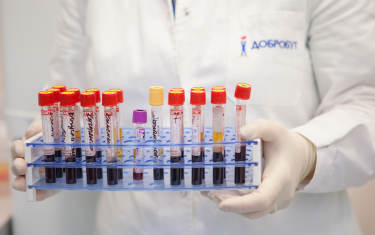
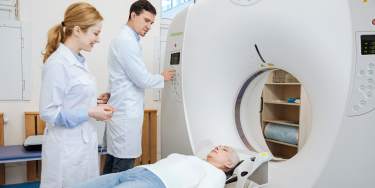
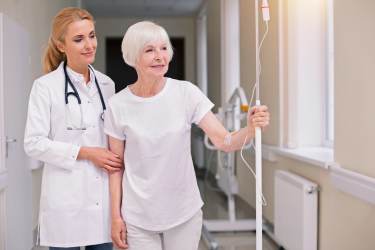
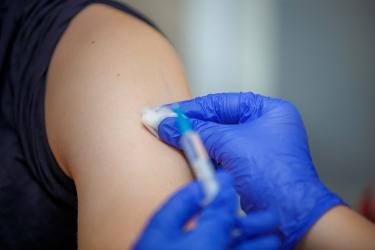
Currently, there is no therapy for treating or altering of the course of dementia. Numerous medications are being investigated and are in different stages of clinical trials. In Ukraine, the recommended medications that can be used in the treatment of dementia are acetylcholinesterase inhibitors such as donepezil, galantamine, rivastigmine, as well as the NMDA antagonist, memantine.
The general tactics involves the treatment of concomitant somatic diseases and the organization of patient care. At the same time, you should try to create the living conditions that are familiar and as simple as possible for the patient, in order to reduce anxiety. Measures are taken to prevent falls, other injuries, access to potentially dangerous objects, such as heating electrical appliances, a gas oven, is limited.
Antidepressants and antipsychotic medications are only taken by a doctor’s prescription. In advanced dementia, care is aimed at preventing bedsores and food entering in the airways. The patient should receive adequate pain relief, if needed.
Dementia causes suffering not only to the patient himself, but also to people around him. There are dedicated resources and psychological counseling programs for relatives of the people with dementia and for their caregivers.
Author of the article: Dmitrij Kolokolov, M.D.
Date of publication: 22.08.2019
Our services
Our advantages
Our doctors
Our clinics
ISO certificates
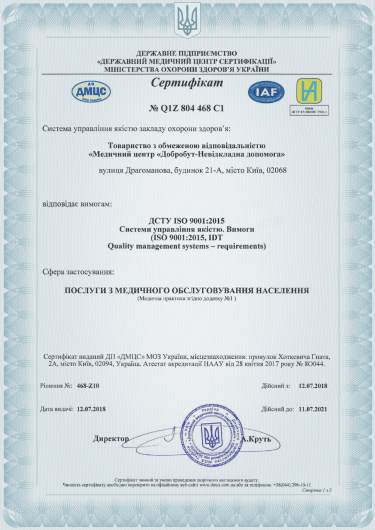
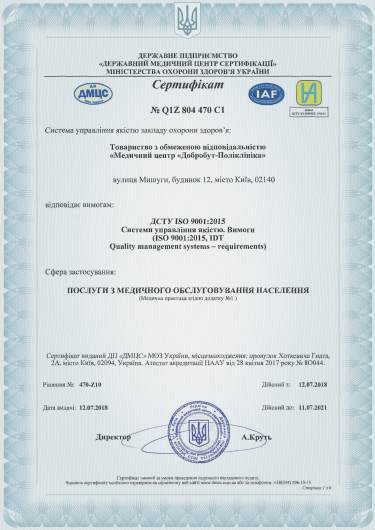
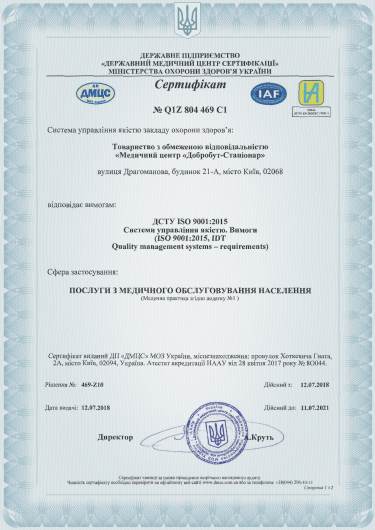
Accreditation certificates
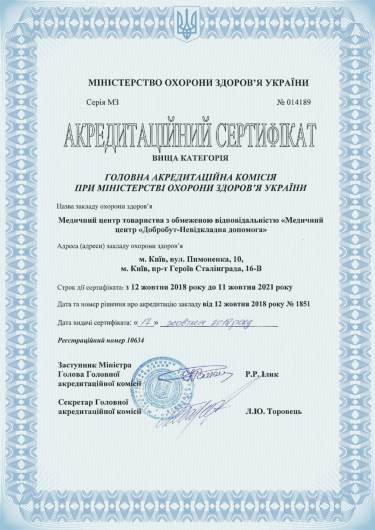
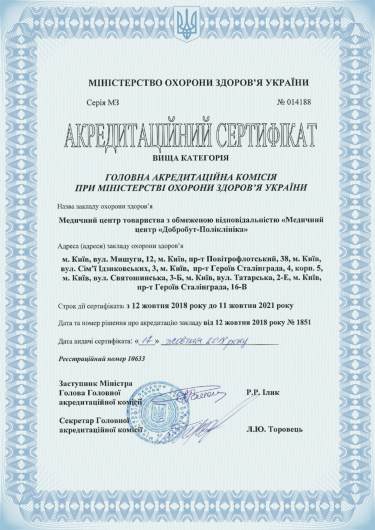
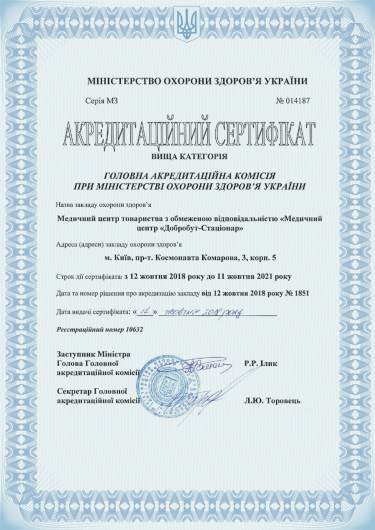
Medical practice licenses
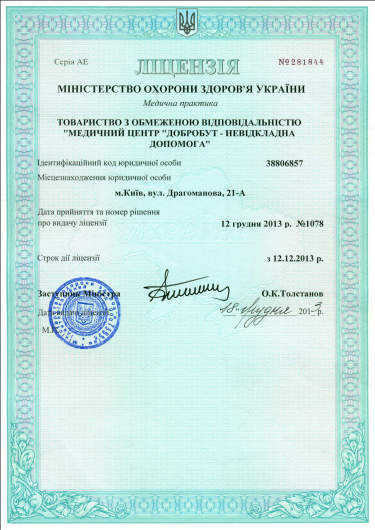
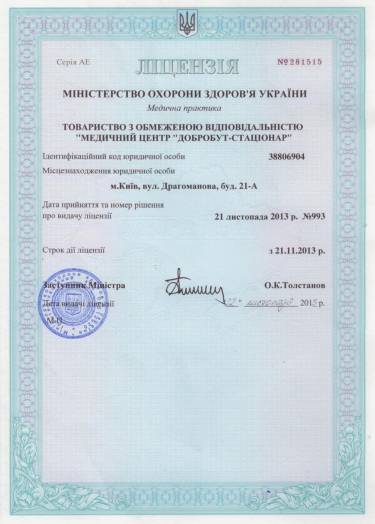
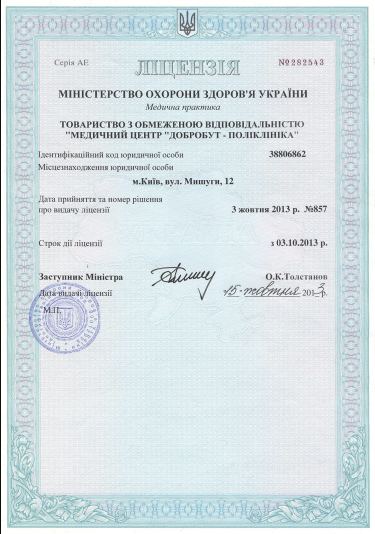
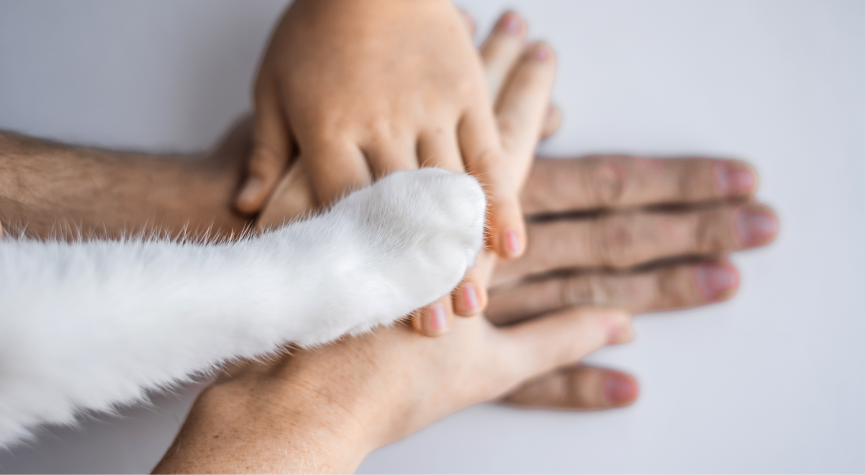
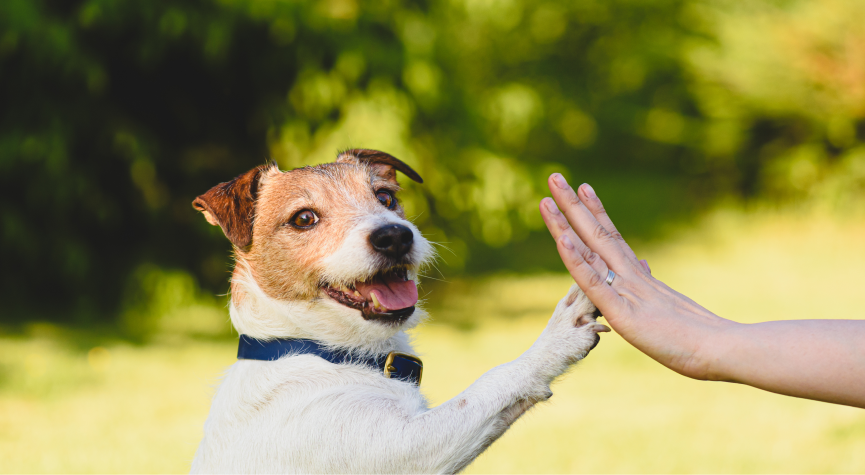

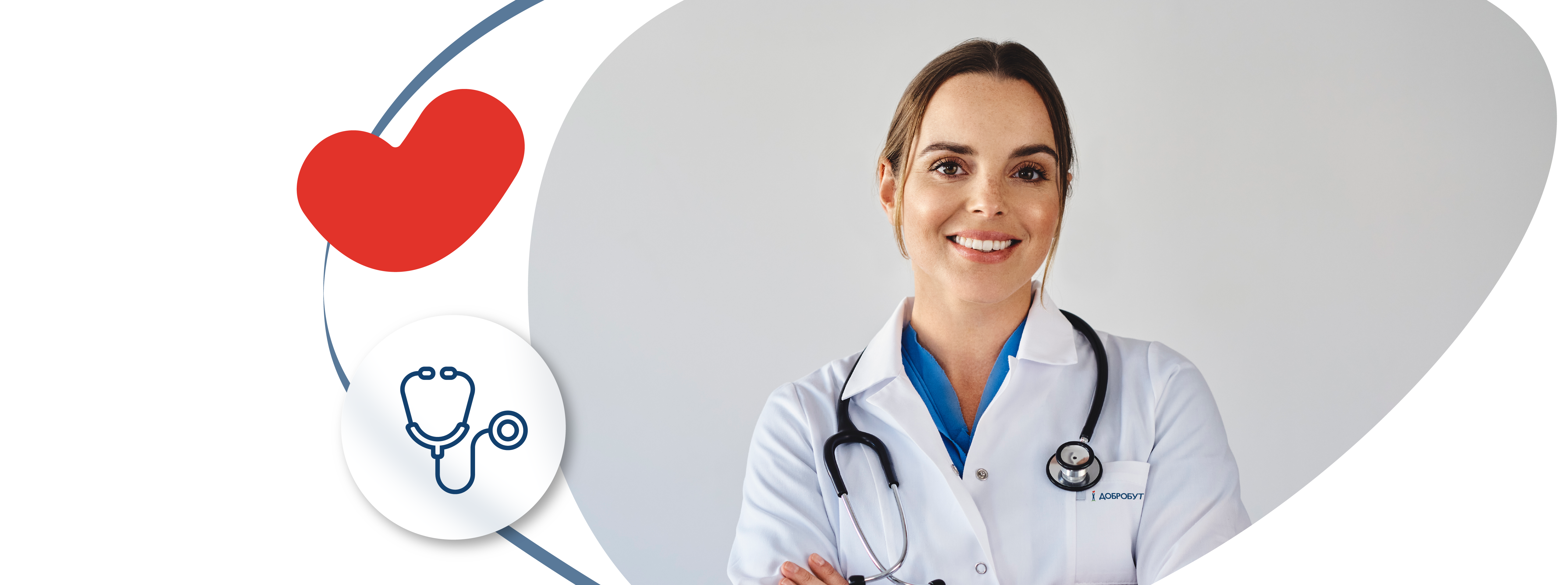










@2x.png)
@2x.png)
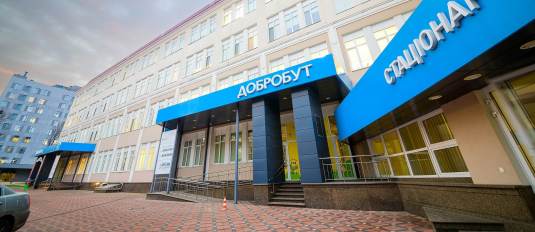



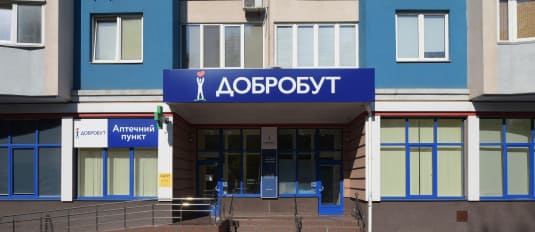

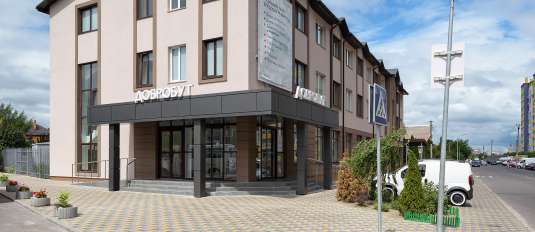
%402x.png)
%402x.png)
